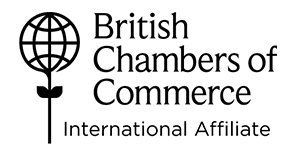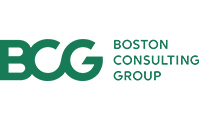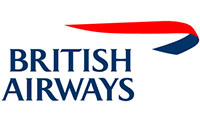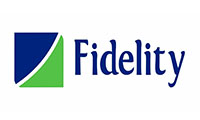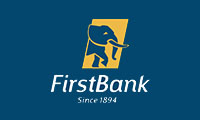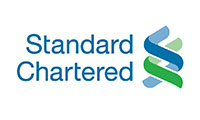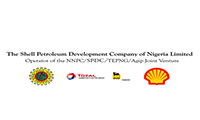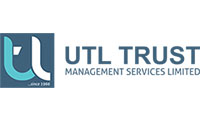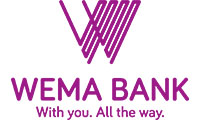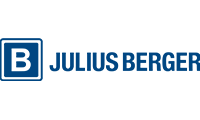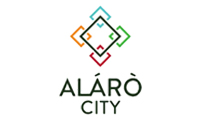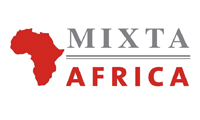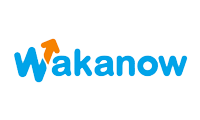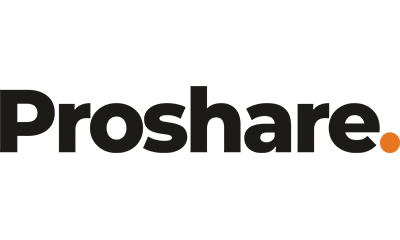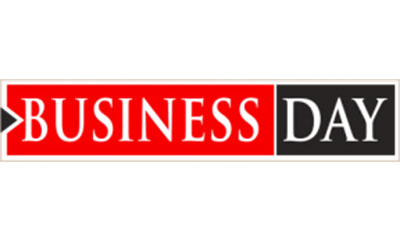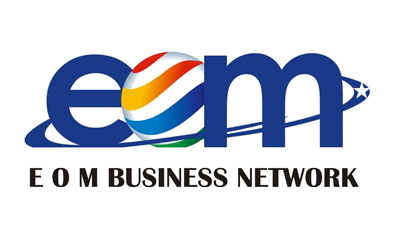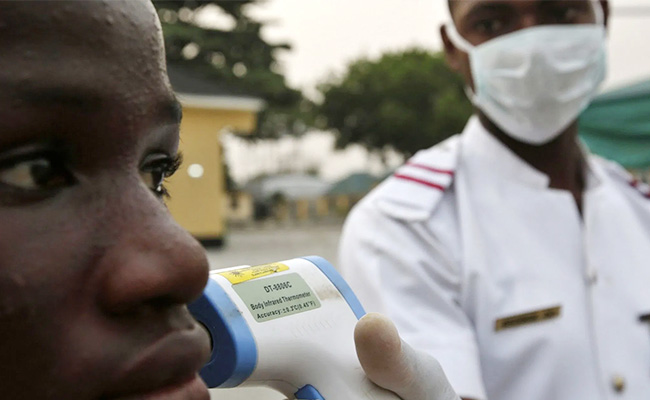
Nigeria plans to raise as much as $6.9 billion from multilateral lenders to help fund efforts to stop the spread of the coronavirus and counter its impact on Africa’s largest economy.
The government will seek $3.4 billion from the International Monetary Fund, $2.5 billion from the World Bank and a further $1 billion from the African Development Bank, Finance Minister Zainab Ahmed told reporters Monday in the capital, Abuja. The authorities also joined other African governments by starting talks with multilateral lenders to suspend debt repayments for this year and next, she said.
Although the number of Covid-19 cases in Nigeria remains comparatively low at 232, the global pandemic has hit its economy hard as plummeting oil prices and capital flight threaten to push the economy into recession. Fitch Ratings earlier on Monday followed S&P’s March 26 decision to downgrade Nigeria’s credit rating further into junk territory, citing its dependence on oil, which represent about half of government revenue.
“The intervention is vital to create fiscal space for states as well as the federal government to enable all of us to deal more adequately with the health challenges and economic impact of the crisis,” said Ahmed. The government will also unlock $150 million from its sovereign wealth fund to help provide revenue to state governments, she said.
McKinsey & Co. said in a report last month that Nigeria’s economy could contract 3.4% this year. That would be the most since 1983, according to World Bank data. In a worst-case scenario, in which the outbreak becomes more widespread both domestically and abroad, McKinsey said the economy could shrink almost 9%.
‘Unprecedented’ Decision
The decision to seek IMF support is “unprecedented by Nigerian standards and it’s clear they are very worried about finances going forward,” said Nonso Obikili, Head of the Turgot Centre for Economic Policy Research in Abuja.
“But this is the easy part” he said. “There are more fundamental macro and fiscal issues that will need to be tackled once the pandemic goes away.”
Nigeria’s central bank last month devalued the naira because of the collapse in crude prices. The government should allow its currency to depreciate further, implement reforms to lift tax revenue and remove fuel subsidies that are a burden on state coffers, according to analysts including Mohamed Abu Basha, head of macroeconomic analysis at EFG Hermes.
Support from the IMF will be under the fund’s rapid-credit facility and may be released in six weeks, with no plans to enter into an IMF program, Ahmed said.
The government also cut the average oil price used to calculate this year’s budget to $30 a barrel, from $57, and lowered its oil-output forecast to 1.7 million barrels a day from 2.18 million.
The Nigerian government uses about a quarter of its budget to pay for debt, compared with 5% for health-care spending, according to Finance Ministry data.

